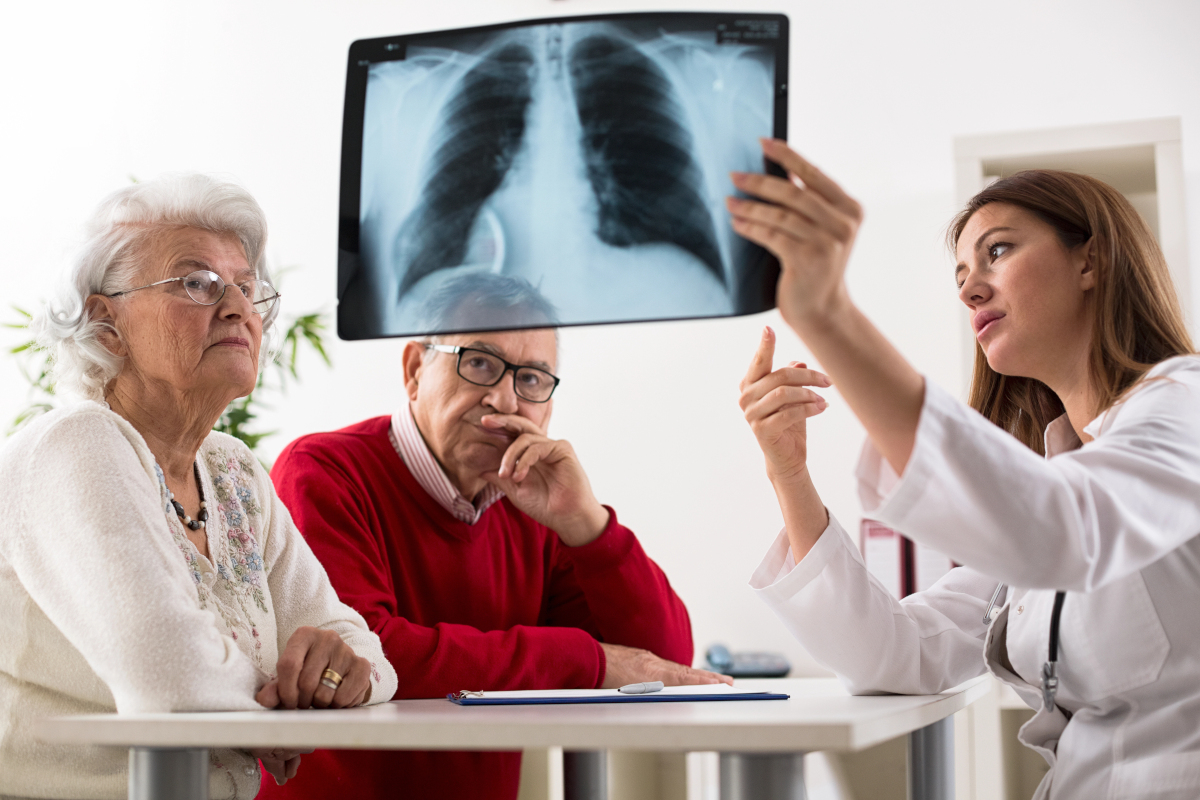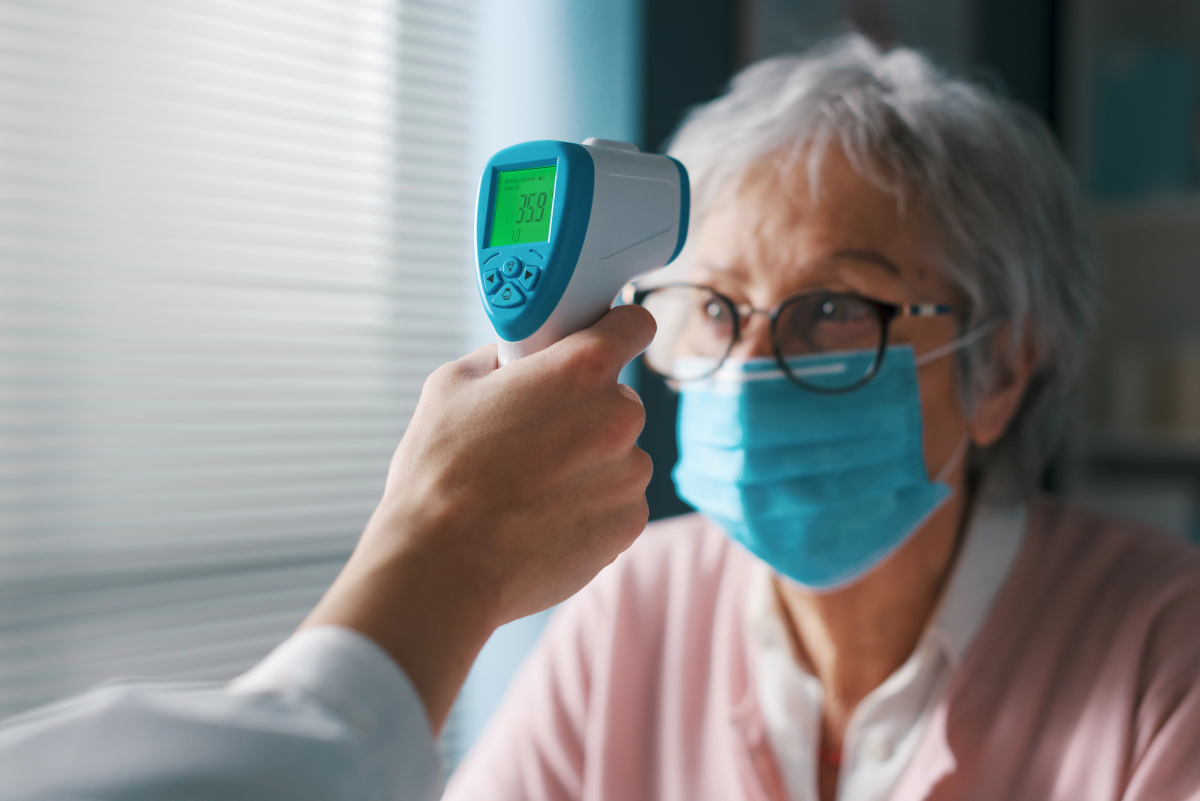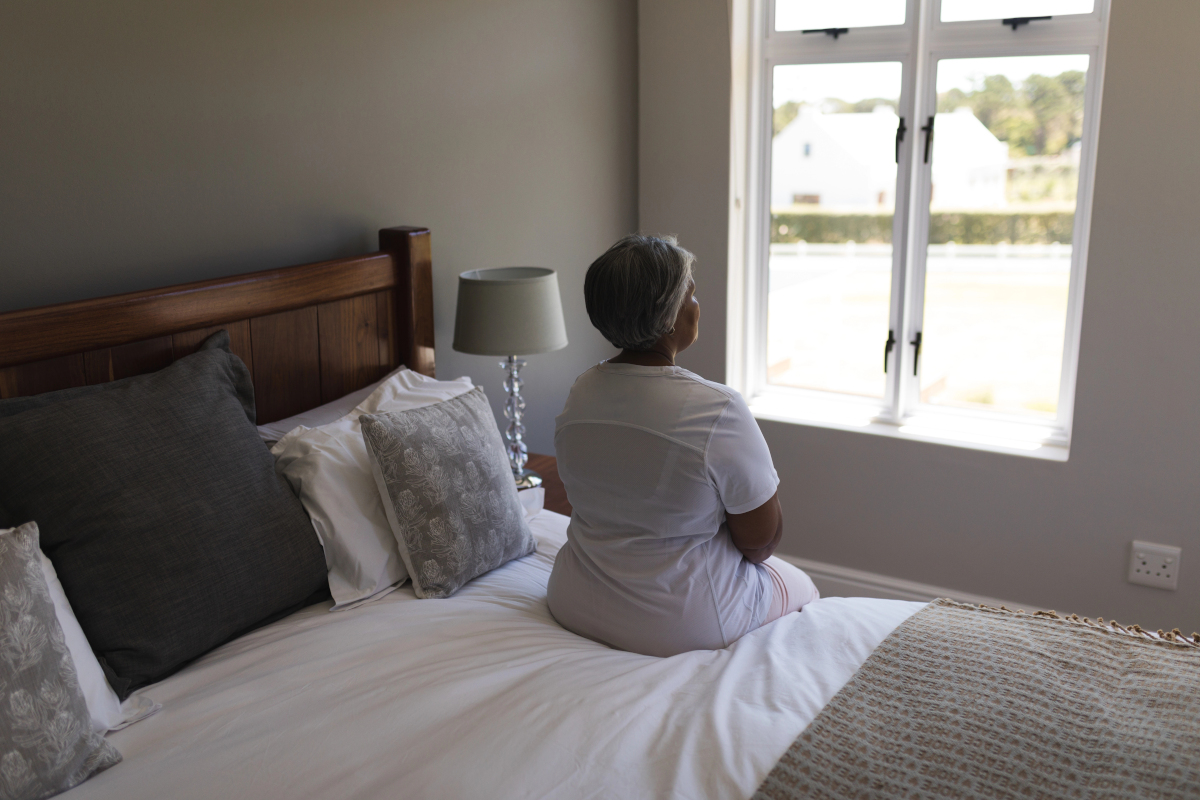Lung health is essential to longevity. A healthy adult has a lung capacity of about 6 liters. The older we get, the more our lung function tends to decline. It may be surprising to learn that this process begins relatively early in life.
Our lungs are mature by the time we reach about 25 years old, and they start to decline after age 35. This occurs as the muscles that control breathing start to weaken. Lung tissue will also begin to lose its elasticity, which makes airways smaller. Changes in our rib cage can hinder breathing by giving our lungs less space to expand.
The process is gradual, which means the average person will have many good years of healthy, well-functioning lungs. Everyone should start taking care of their lungs now to reduce the risk of health problems later.
Pinnacle Peak Senior Living encourages all older adults to be mindful of their health and wellness so they can enjoy more of their senior years.
Respiratory Diseases Are Dangerous for Seniors
Respiratory issues are common among older adults. While younger people can also develop lung disease, these conditions tend to be more complex in seniors. They are also more dangerous the older a person gets. Some of the most common senior respiratory diseases include:
- Chronic compulsive pulmonary disease (COPD)
- Acute respiratory distress syndrome (ARDS)
- Emphysema
- Asthma
- Pneumonia
- Cystic fibrosis
- Chronic bronchitis
- Tuberculosis
- Pulmonary embolism
- Lung cancer
Lung cancer is particularly concerning because it is one of the most common types of cancer in men and women. Most patients diagnosed with lung cancer are over age 65. The average age at diagnosis is around 70 years old.
Lung cancer is the leading cause of cancer death in the United States. It makes up for around one in five cancer deaths.
Taking steps to protect your lung health will reduce your risk of cancer as well as a long list of other respiratory illnesses.
What Can Seniors Do to Protect Their Lung Health?
Every senior should be aware of their lung cancer risk and take steps to avoid this and other respiratory problems. This goes hand in hand with lifestyle changes that will help protect or improve senior mobility. When you can breathe easy, you will be better able to stay active which is great for overall health.
What can seniors in assisted living do now to prevent lung disease?
- Avoid Harmful Environments
Avoid environments that are harmful to the lungs. This includes places that have high quantities of air pollution. Seniors who are employed or who volunteer regularly should be mindful of the type of work they do and always use personal protective equipment when necessary.
Also, avoid standing in areas with secondhand smoke or excessive pollution from fire or other sources that produce smoke or fumes. Be careful when handling cleaning chemicals as well. Make sure there is adequate ventilation and wear a mask if needed when using strong chemical products.
Seniors who live in assisted living are provided with a clean place to stay where they don’t have to handle household chemicals. It’s a safe alternative for those who may be at a higher risk of respiratory disease.
- Stop Smoking or Don’t Start
If you are a smoker, now is the time to stop. If you don’t currently smoke, then make a point to avoid the habit. It’s hard to break and can be extremely harmful to your health. Smoking damages the lungs. That damage will worsen with age if smoking continues.
The toxic chemicals used in tobacco products can harm airways and air sacs. They can also irritate the larynx and trachea which causes mucus to enter the lungs. Long-term exposure can lead to COPD or even lung cancer.
People who smoke are also at a higher risk of infections like tuberculosis and pneumonia. It reduces lung function, which can cause shortness of breath.
- Maintain a Healthy Weight
Body condition affects lung function. A person who is overweight may have trouble breathing. This occurs due to chest and abdominal fat making it harder for the diaphragm to expand the lungs. Fat tissue can also cause inflammation.
Eating a healthy diet will ensure that the lungs receive the nutrients and vitamins required to optimize function. Maintaining a healthy body weight is a good way to improve overall wellness.
- Don’t Lay in Bed for Too Long
Senior citizens with chronic or significant illnesses may spend more time lying in bed. Laying down for too long can be harmful to the lungs. That’s because staying in a horizontal position allows fluid to settle in the lungs, which will make it harder to breathe.
Laying down for extended periods causes the airways to shrink. This is especially concerning in bedridden patients as well as people who smoke or are obese.
- Get Regular Exercise
Exercise is important for the health of all body parts. Movement keeps the muscles that control the lungs strong, which allows them to do their job better. The best types of exercises for lung health include aerobics and movements that strengthen muscles.
Seniors should also use breathing exercises to target this important area. Always consult your doctor before making changes to your exercise routine.
- Follow Doctor’s Vaccination Recommendations
Seniors should listen to their doctor when they recommend vaccinations. They will let you know if you should receive a pneumonia vaccine.
Pneumonia is particularly bad for senior lung health because older adults are more likely to experience complications from the infection. Doing what you can to prevent an infection will also protect your lungs.
- Keep Up with Doctor’s Visits
Keep up with your doctor’s visits and screenings. Staying in touch with your medical team will allow them to make the best preventative recommendations and monitor changes in lung function.
Catching a problem early will increase your chances of making a full recovery with less intensive treatment. Lung problems that are allowed to linger can lead to serious complications or worse.
Seniors in assisted living should check with staff to learn more about scheduling and transportation to doctor’s appointments.
Physical Health is Connected to Mental Wellness
Chronic respiratory problems can severely impact both physical and mental health. Prevention is the best approach to protecting yourself from breathing issues and illness. Check out a senior citizen’s guide to mental wellness for a well-rounded approach to health.





